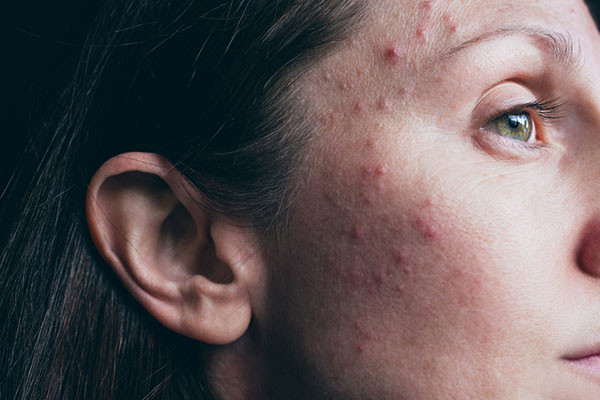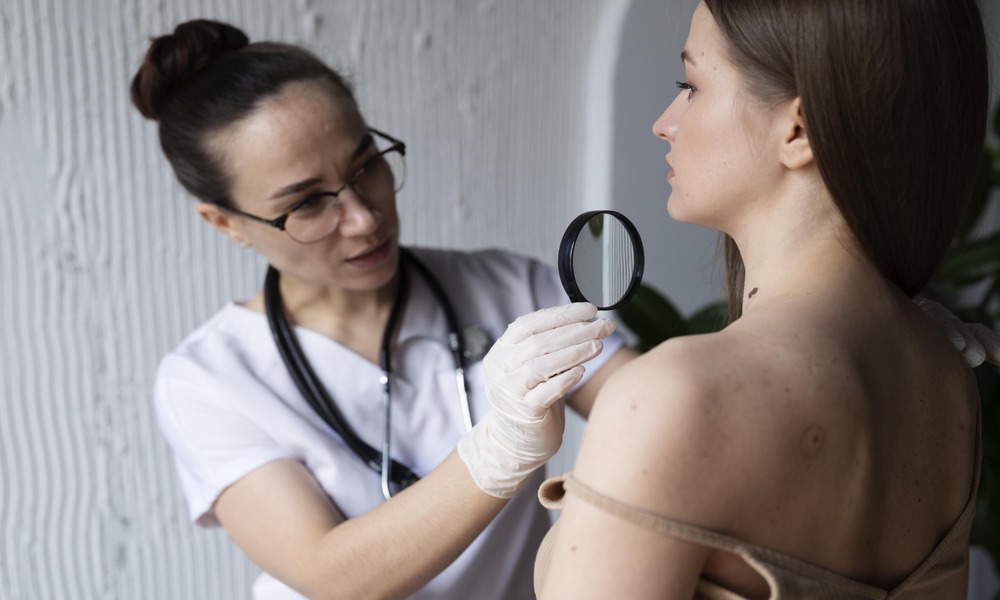Hormonal acne can feel like a relentless battle. You’re not alone in this fight. Many struggle with this stubborn skin condition. In this arena of skincare, leading edge dermatology plays a critical role. Dermatologists have the knowledge, the tools, and the strategies to help you manage hormonal acne. Let’s delve into this topic and explore how these skin experts may be your best ally.
The Nature of Hormonal Acne
Hormonal acne isn’t like other forms of acne. It’s stubborn. It’s unpredictable. And it’s often linked to the hormonal cycles in our bodies. That’s why it’s especially common in teenagers, pregnant women, and those with certain health conditions. But anyone can suffer from hormonal acne. And it can be very frustrating.
The Dermatologist’s Toolbox
A dermatologist has many tools to combat hormonal acne. This includes topical treatments, oral medication, and lifestyle advice. They can tailor a treatment plan to your specific needs. And they can adjust this plan over time as your condition changes.
Topical Treatments
Topical treatments are lotions, gels, and creams that you apply to your skin. They target the acne directly and can be very effective. They include retinoids, antibiotics, and other medical-grade products.
Oral Medication
Oral medication targets the hormones that cause acne. This includes birth control pills, anti-androgen agents, and others. They can be very powerful, but they’re not suitable for everyone.
Lifestyle Advice
Many factors can aggravate hormonal acne. These include stress, diet, and lack of sleep. A dermatologist can provide advice on these issues and help you make positive changes.
A Carefully Tailored Plan

Every case of hormonal acne is unique. A dermatologist can tailor a treatment plan to your specific needs. This might involve a combination of topical treatments, oral medication, and lifestyle changes. And as your condition changes, they can adjust this plan to ensure it’s still effective.
Table: Common Treatments for Hormonal Acne
| Treatment Type | Examples | Notes |
| Topical Treatments | Retinoids, Antibiotics | Applied directly to the skin |
| Oral Medication | Birth Control Pills, Anti-Androgen Agents | Not suitable for everyone |
| Lifestyle Advice | Diet, Stress Management, Sleep | Helps to alleviate underlying causes |
Hormonal acne can be a challenging condition. But with the help of dermatology, it can be managed effectively. If you’re struggling with hormonal acne, don’t hesitate to seek help. Your dermatologist is ready to assist you.
For further information and resources, visit the American Academy of Dermatology or the National Institute of Arthritis and Musculoskeletal and Skin Diseases.

